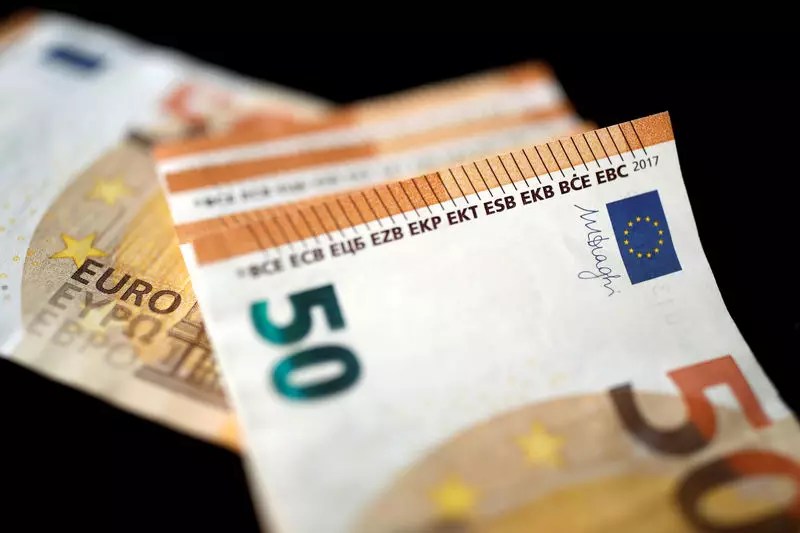The intricate dance of currency dynamics is often influenced by a multitude of factors including economic policies, political climates, and external market pressures. Recently, analysts from Goldman Sachs have provided insights into how the upcoming US elections might significantly shape the trajectory of the US dollar, contending that the results could either bolster or depress its strength depending on who emerges victorious. With tariffs being a pivotal element of foreign exchange strategies, the stakes are particularly high, highlighting the importance of understanding potential market reactions.
Goldman Sachs analysts forecast that the market’s response to the election could hinge dramatically on the election outcomes, notably distinguishing between a Republican sweep and a Democratic sweep. If the Republicans secure a comprehensive victory, it may usher in policies that include substantial increases in tariffs and domestic tax cuts. This scenario could potentially ignite a robust rally in the dollar as market participants adjust their expectations. Conversely, a divided government — whether Republican or Democratic — might lead to more constrained fiscal maneuvers, thus stifling significant currency appreciation.
Democratic victories, particularly if accompanied by a divided Congress, are expected to produce initial weaknesses for the dollar. Goldman Sachs posits that such a scenario would force markets to recalibrate their views on tariff policies and their implications for international trade, resulting in nervous fluctuations for the dollar. For currencies closely tied to China’s economy, such as the Mexican Peso and the Chinese Yuan, mild mitigations against recent volatilities are anticipated due to their sensitivity to overarching tariff policies.
The report elucidates the impact of US-China trade relations, positing that an escalation of tariffs could further weaken the Chinese Yuan, possibly reaching levels around 7.40 against the dollar. Additionally, the Euro might depreciate by as much as 10% in scenarios where global tariffs are enacted alongside US tax adjustments. Such shifts underscore the critical intersection of trade policies and currency valuations. The competitive landscape of currencies like the South Korean Won, EU Euro, and Australian Dollar indicates that traders would do well to monitor election developments closely, as these could significantly influence their behavior against the dollar.
Goldman Sachs advises caution regarding the interpretation of historical FX impacts, suggesting that prior market reactions to tariff announcements may not precisely mirror future scenarios. Importantly, the firm emphasizes that political outcomes are just one facet of a larger equation, cautioning investors against overreliance on a singular narrative. The suggestion to favor longer-dated trades in anticipation of Republican dominance highlights a strategic approach to navigating uncertainty while acknowledging buoyant aspects of US economic exceptionalism.
The upcoming US elections serve as a pivotal juncture that could reshape the landscape of foreign exchange markets, particularly concerning the US dollar. The delicate interplay of tariffs, election outcomes, and broader economic policies creates a complex environment for investors. As such, vigilance in monitoring these developments will be crucial, allowing for informed decision-making amid changing fortunes in the currency market. Understanding the nuanced interplay of these factors will ultimately determine how resilient or vulnerable various currencies may become in response to shifting political winds.


Leave a Reply